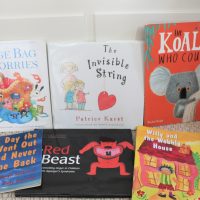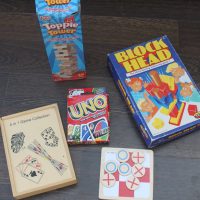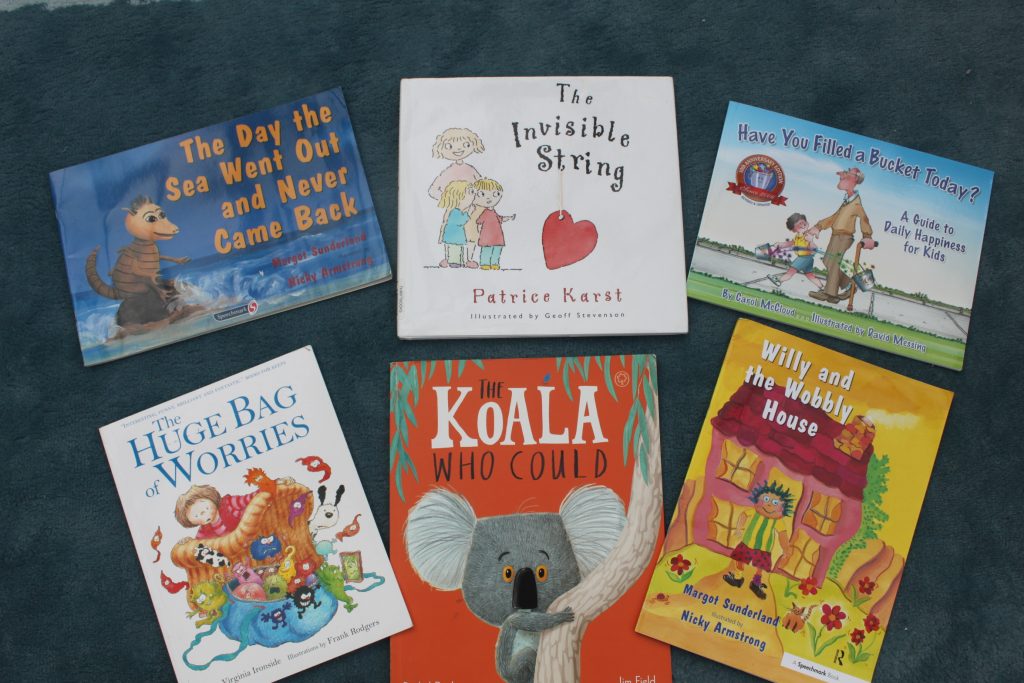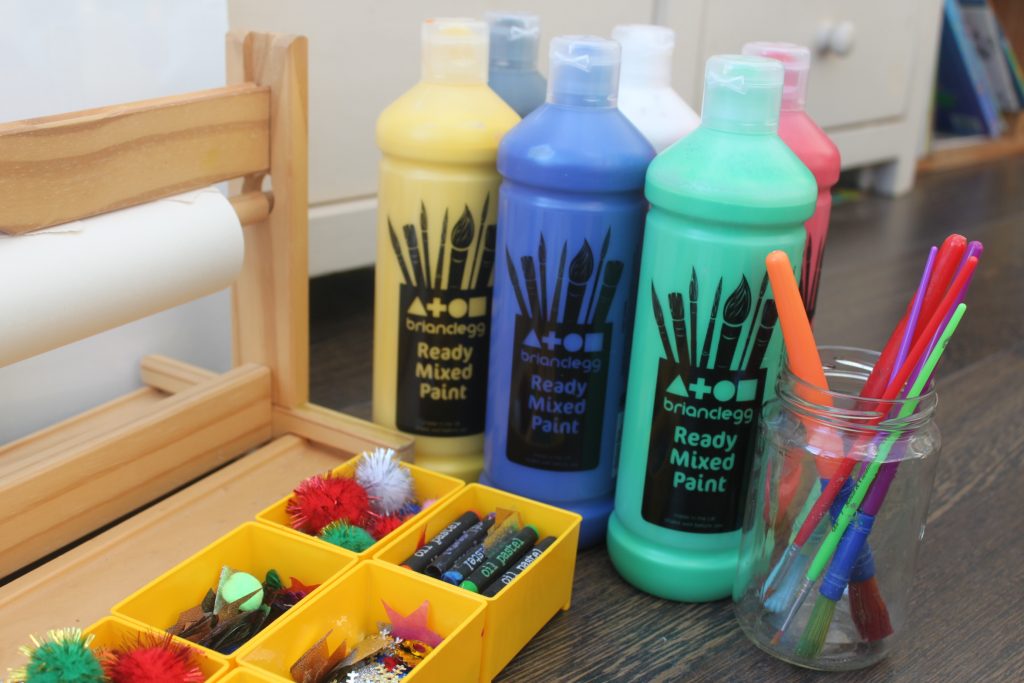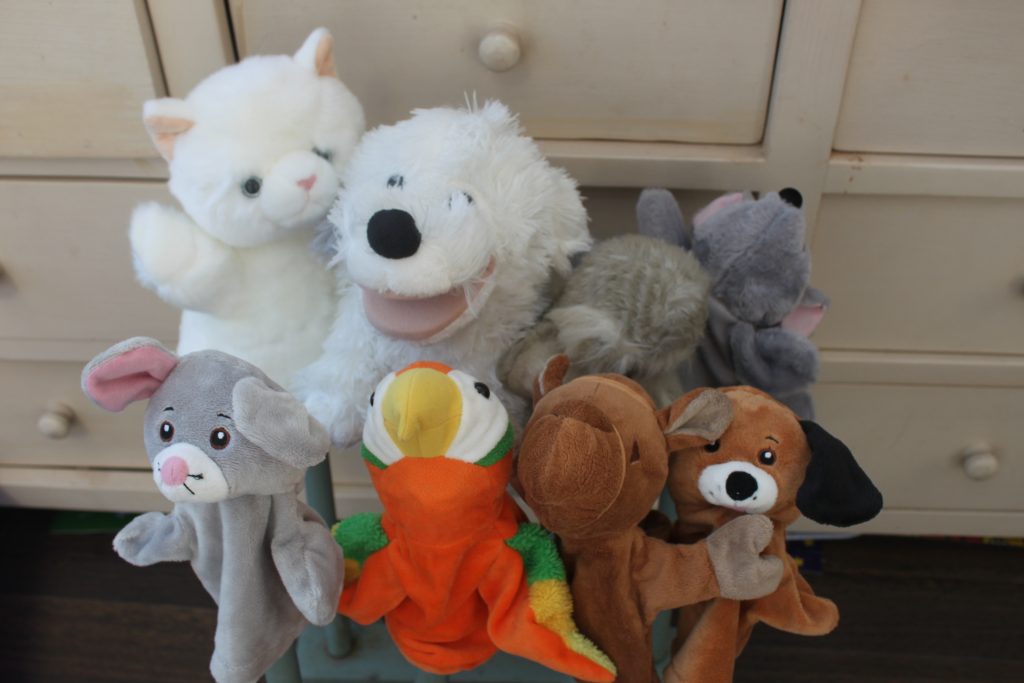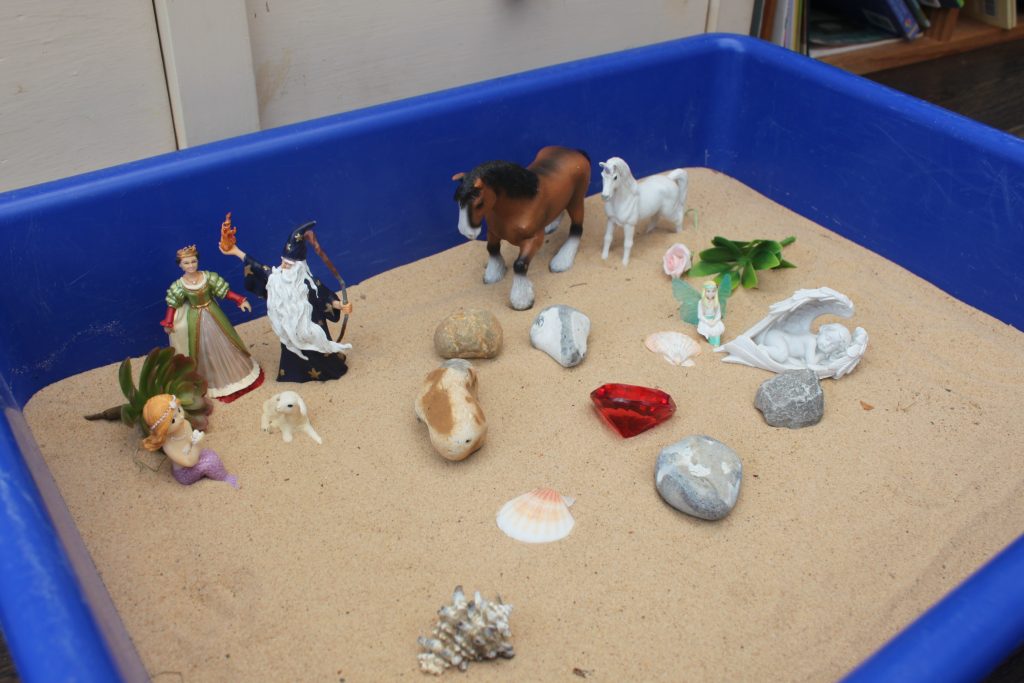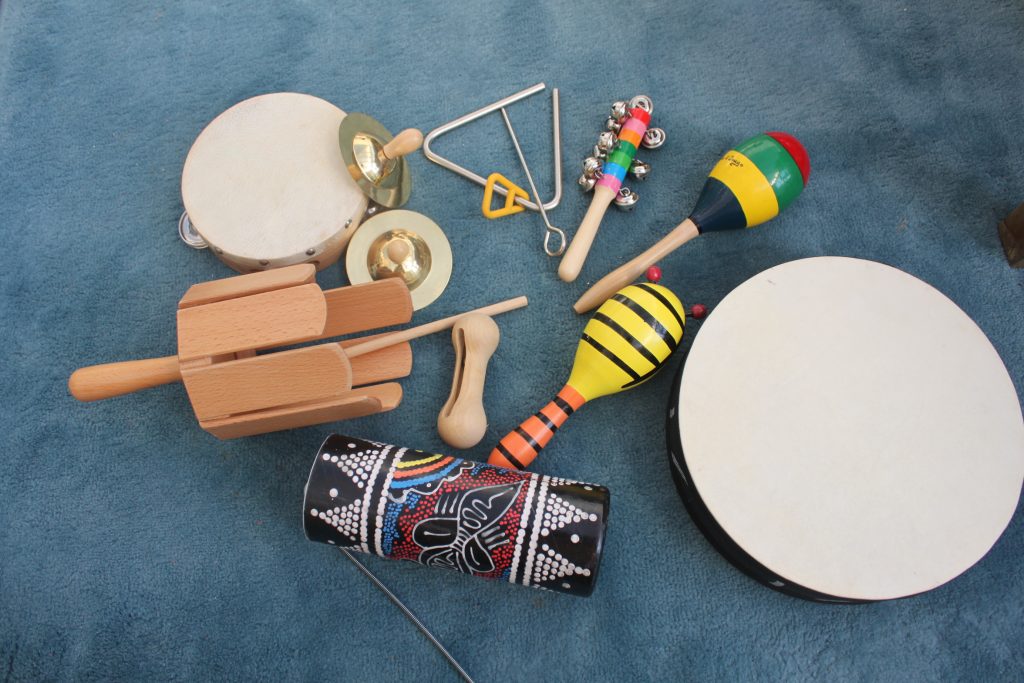How does it work?
There are different approaches to play therapy including the directive and non-directive approach. The non-directive approach, developed by Psychologist Virginia Axline in the 1970s, focusses on the child leading the play, whereas the directive approach uses more targeted interventions to assist the child in processing their difficulties. Soar Play Therapy uses a combination of both these approaches depending on the child, their circumstances and the reason for referral.
Once you’ve decided there is a need for play therapy please contact Soar Play Therapy through the contact form. You will then be asked to complete a referral form. An initial assessment interview will be conducted to determine if play therapy is suitable for your child. An individual play therapy session lasts 40 minutes, occurring weekly, for a minimum of 12 sessions. Regular reviews will be conducted to determine the length and progress of therapy. You are free to terminate at any stage although it is recommended to have planned endings.
The play therapist works on creating a free and safe space in the context of a non- judgemental, trusting and accepting relationship between the therapist and the child. Children are given the opportunity to explore and process their feelings through a range of creative and expressive materials. This is referred to as the therapist’s tool-kit*. The tool- kit includes:
Arts and craft materials (clay, paints, drawing)
Puppets/masks
Sand
Music
Games
Therapeutic Story Telling
Creative visualisation
Drama, role play and dressing up
Dance/movement
*Please note that due to Covid some changes have been made to the tool-kit to enhance safety protocols.
Who does it help?
Any child or adolescent can be referred, but it most often used for those aged between 3-11 years old. Referrals are accepted from parents, guardians, schools, GPs, mental health professionals, Local Authorities and other agencies. Consent must be obtained from those with legal responsibility for the child.
There are a range of reasons for why a child might need play therapy. Evidence from Play Therapy U.K suggests that 74-83% of children who are referred for play therapy improve as a result of the intervention. Play therapy can help a child who:
- Has low self-esteem or lacks confidence
- Has anxiety or who worries a lot
- Seems continually unhappy
- Is selectively mute or has communication difficulties
- Quarrels a lot with siblings or others
- Has experienced trauma
- Has experienced abuse
- Has been fostered, or is in the process of being fostered
- Has experienced loss or bereavement
- Has nightmares
- Has suddenly started bedwetting
- Has divorced/separated parents
- Struggles with friendships
- Bullies others or has been bullied
- Is displaying inappropriate behaviour
- Is underachieving academically
- Is withdrawn
- Experiences a sudden change in their behaviour.




